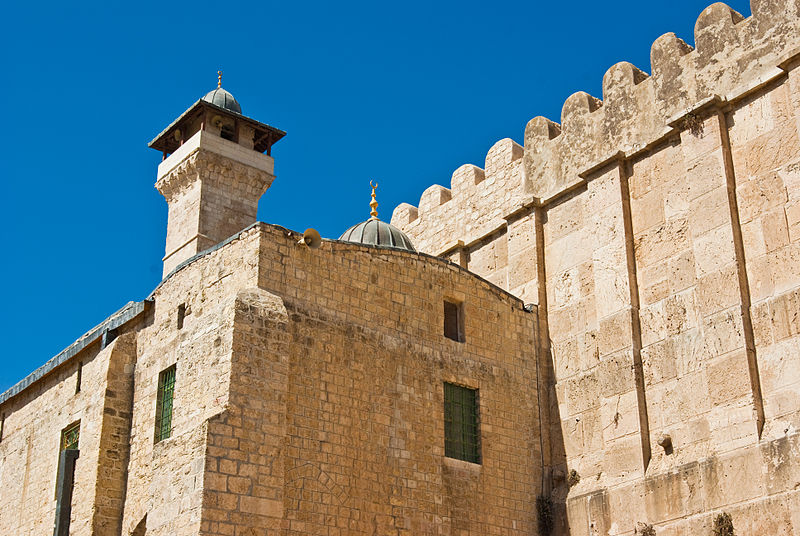28 July. David becomes King of Judah
“Later, David prayed to the LORD, saying, ‘Should I go up to any of the cities of Judah?’ The LORD said to David, ‘Go.’ David asked, ‘Where should I go?’ The LORD answered, ‘To Hebron.’”
“So David went up to Hebron with his two wives: Ahinoam from Jezreel and Abigail, the widow of Nabal from Carmel. David also brought his men and their families, and they all made their homes in the cities of Hebron.”
“Then the men of Judah came to Hebron and appointed David king over Judah.”
“They told David that the men of Jabesh Gilead had buried Saul. So David sent messengers to the men of Jabesh Gilead and said to them, ‘The LORD bless you. You have shown loyalty to your master Saul by burying him. May the LORD now be loyal and true to you. I will also treat you well because you have done this.’”
“’Now be strong and brave. Saul your master is dead, and the people of Judah have appointed me their king.’”
(2 Samuel 2:1-7)

After David had heard of the death of Saul, he consulted the LORD about his future. Should he stay at Ziklag, in the pay of the Philistine king Achish, or should he return home to his birthplace in Judah?
The LORD instructed David to go back home, not to his birthplace at Bethlehem (which was a small town and something of a backwater), but to the large city of Hebron – regarded at that time as the main city of Judah.
So David took his two wives and his 600 men (and their families) and settled at Hebron (see 2 on the map on 27 July). David had gradually built up his popularity in his homeland, and it would not have come as too much of a surprise when the elders of the southern tribe of Judah asked him to become their king.
David’s popularity among the northern tribes of Israel, however, was not as strong, so David had to start canvassing support if he was to become king of the northern kingdom of Israel. After all, Saul still had a surviving son, Ish-Bosheth, so David’s accession to the throne of Israel would not be easy or straightforward.
He began by thanking the men of Jabesh Gilead for rescuing the body of Saul from the walls of Beth Shean, and for burying him in their city. He also let them know of his support among the people of Judah, and their willingness to appoint him as king.
It’s quite likely that the newly appointed king became known as ‘David’ at this time. The Hebrew word ‘Dwd’, meaning ‘beloved’ (of Yahweh), was probably a 'coronation name' given to the new king to show his new status as the ‘beloved’ ruler of Judah.
The photo (by Antoine Taveneaux) shows the Tomb of the Patriarchs at Hebron.
You can read more about David @ https://www.thebiblejourney.org/biblejourney2/30-israel-becomes-a-kingdom-under-saul-and-david/david-becomes-king-of-judah-and-israel/
